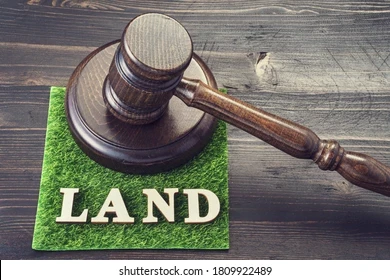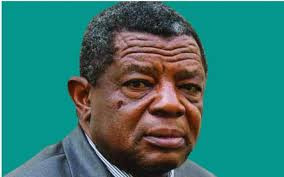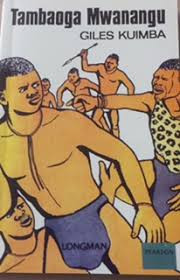
UNKI Mine is embroiled in a nasty land dispute with the Shurugwi Town Council.
Unki has approached the courts seeking recourse after the town council allegedly changed goalposts on the land that it had sold to the mine.
Unki Mine cited Shurugwi council and Justice Ahmed Ebrahim as the respondents in the matter.
According to court papers, Unki Mine and Shurugwi Town Council entered into an agreement of sale of land belonging to the council.
The land is held under Deed of Transfer 1989/08 and Shurugwi Town Council proposed subdivision of the piece of land.
The proposed subdivision was never separated of the original land identified under deed of transfer.
However, a map of the subdivision was later found to be invalid as it identified wrong portions of the land and a dispute arose.
The dispute was brought before Justice Ebrahim who ruled in favour of Unki Mine during arbitration.
- EU car ban to affect platinum sales
- Shurugwi ropes in stakeholders on water woes
- Unki platinum output up 17%
- Unki Mine, Shurugwi council in land dispute
Keep Reading
The council challenged the ruling on the basis that the award contravened public policy.
At the hearing of the matter, the council raised a point in limine to the effect that the arbitrator failed to keep a complete record of proceedings with regards to the matter.
It also averred that Unki’s counter application was incompetent as it was lodged through an opposing affidavit.
However, the High Court ruled that in the absence of the arbitrator’s record, it would not be possible for it to scrutinise the proceedings in terms of Articles 34 and 36.
It also held that at law, any tribunal whose proceedings may be challenged before another tribunal ought to keep and maintain a record of proceedings.
Unki appealed against the decision of the High Court but it was out of time and it filed an application for condonation and leave to note the appeal out of time.
Unki Mine argued that the land in dispute belongs to Shurugwi council and it can, therefore, be sold before it is subdivided.
High Court judge Justice Tendai Uchena ruled: “There is also no direct documental evidence that there is a town planning scheme or a diagram which forms part of the record besides indirect references in the first respondent’s minutes and resolutions in which it is recorded that these requirements were complied with and that authority was granted.
“It is accordingly ordered that the application for condonation of the late noting of an appeal and extension of time within which to note the appeal be, and is hereby granted.”











